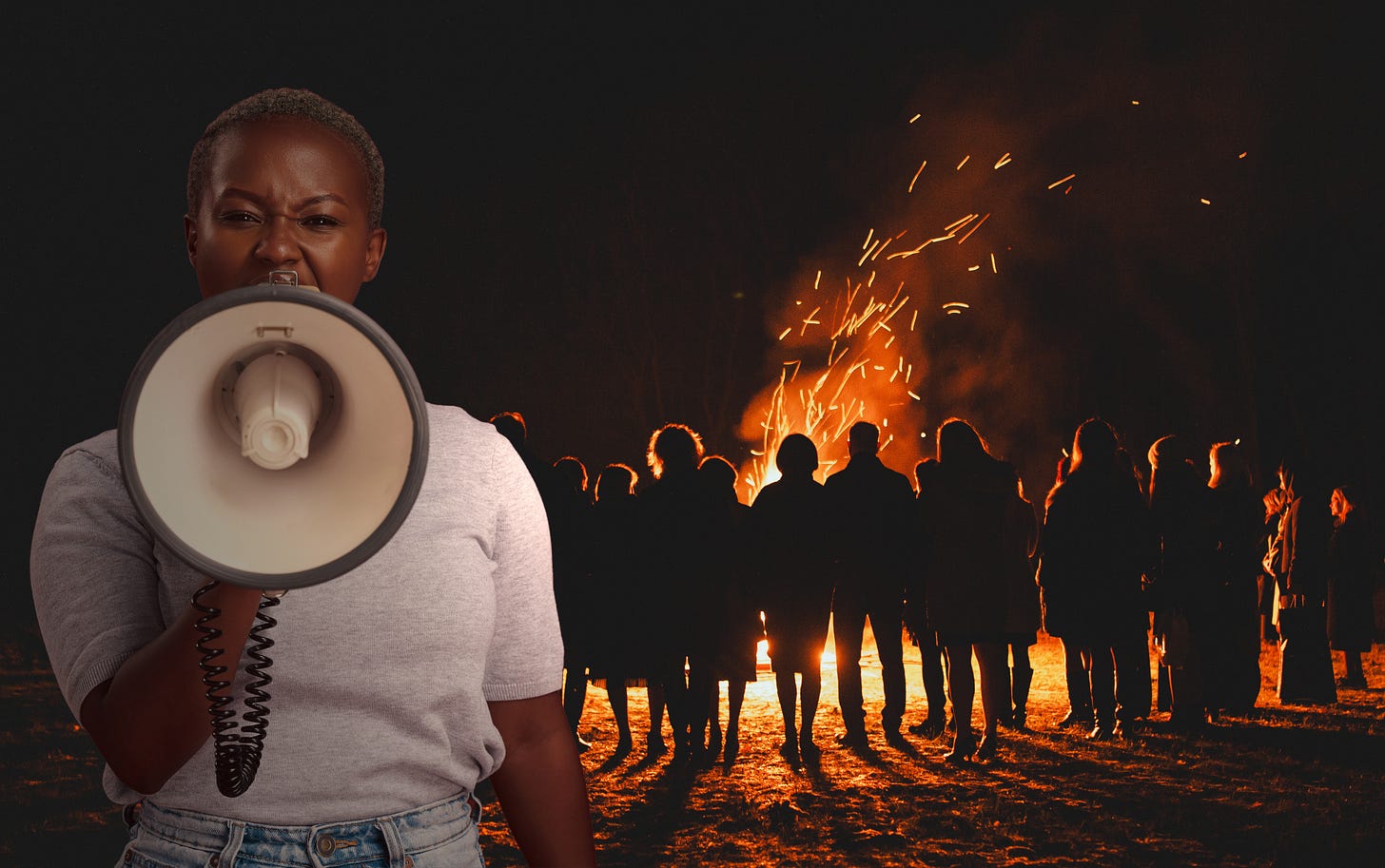Tell-It Report: Black Louisiana Community Covered In Toxins After Oil Plant Explosion
Five lawsuits have been filed against Smitty’s Supply Facility since the fiery incident.
In Gullah Geechee communities, a "tell-it" was a designated lookout, community warning system and the most trusted source for news and information. The Tell-It Report is ContrabandCamp’s weekly roundup of the Black stories that deserve more attention — from politics to entertainment.
Roseland, La., residents are dealing with the fa…





